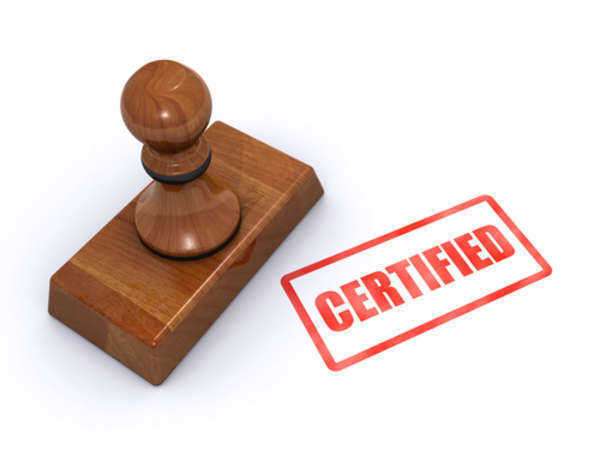Know the Signature Requirements for Negotiable Instruments
Under negotiable instruments law, a negotiable instrument with a signature affixed to it from each involved party becomes active. At that point it may be turned in to the drawee, the bank issuing the check, in exchange for cash. The person cashing the check need not be the same person as the one who signed the check.
This is because the authentication provided by the signature of the payee is enough to validate the check under negotiable instruments law (assuming that the signature of the drawer is also on the check). In this case, the signature of the payee would be referred to as payable to the bearer.
A signature of another individual can be affixed to a negotiable instrument to become a party to that instrument. A negotiable instrument such as a check can be transferred over to a new party with the appropriate signature or signatures; this is referred to as a special endorsement.

Special endorsements involve both the signature of the payee and a short statement indicating the new party to whom the negotiable instrument is to be paid. The special endorsement will also require the signature of the new party to be completely payable, but once that additional signature is affixed to the negotiable instrument it acts as a blank endorsement again allowing for the check to be payable to the bearer under negotiable instruments law.
The final way in which signatures can affect the negotiable instrument is if they are made with a small statement that defines the manner in which the negotiable instrument can be used. For example, writing "for deposit only" on the back of a check along with a signature ensures that the check can only be used for deposits and cannot simply be cashed.
This is a restrictive endorsement under negotiable instruments law and helps to prevent the misuse of lost checks. Unfortunately, however, such a restrictive endorsement would not prevent an individual finding an endorsed check from depositing the check in his or her own account.
Regardless of exactly what kind of endorsement one may be planning on using with a given negotiable instrument, it is a good idea not to affix a signature to that negotiable instrument until the moment of use, as affixing a signature at any earlier time leaves open the potential for the instrument to be lost and misused by another party.